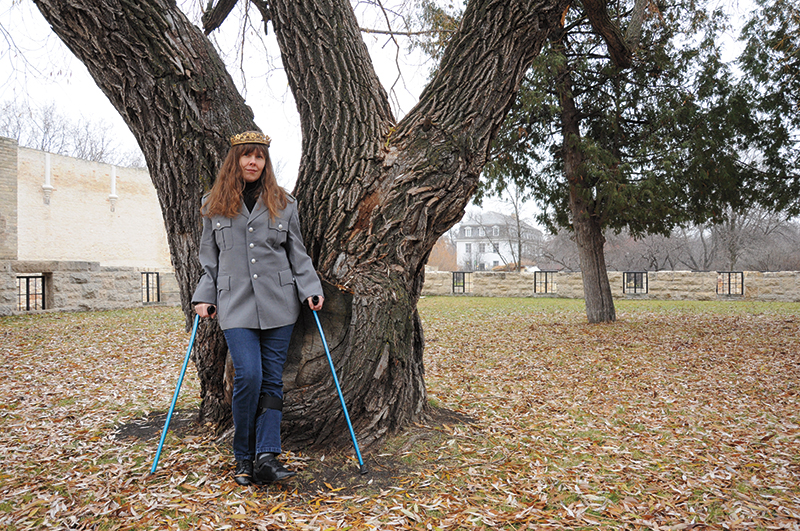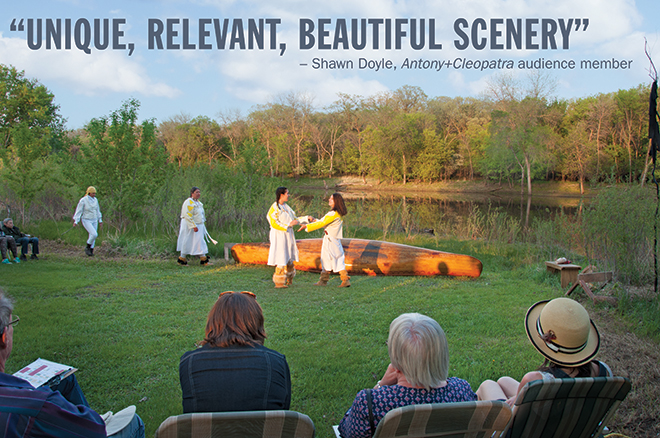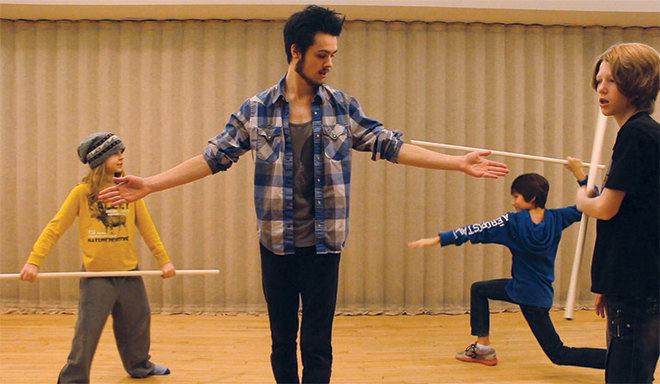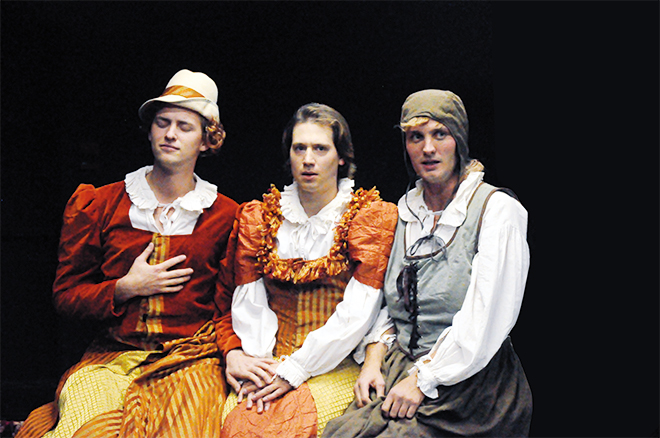Moor of Stony Mountain
By Claire Friesen – SITC Program Director
In August 2015, three years after starting our initial inquiries, SIR gained institutional access and clearance for a new Stony Mountain outreach program to begin. In August 2015 we moved into the penitentiary school, and offered a grade 10 drama credit to any inmate who completed the program. We ended up with 11 participants ranging in age from early 20s to mid-50s.
We spent most of our time in a unique exploration of Othello. We shortened the play to thirty pages and set it in Stony Mountain penitentiary. Amelia became Emilio, and Desdemona became Desmond, one of Othello’s best bros. The participants were expected to complete homework each week to make up hours towards their drama credit. The assignments asked students to connect their personal experiences with the themes from Othello. For example, here is an excerpt from an assignment on reputation:
“I guess I would have to say if I lost my reputation I wouldn’t be the man I am now. I wouldn’t have acquired the things I have in the last 35 years. In a way though, I really have lost some of my reputation since I’m currently sitting in prison for doing something very stupid. I know I have lost the trust of certain people which because of my crime I’ll never be able to get back. That has caused me a great deal of unhappiness. But I think I’ll be able to regain (reputation) as time goes on. At least I have to believe so.”
– inmate participant
Somehow Shakespeare’s words allow us to voice our own deeply personal life experiences whether we are teens, parents, facilitators or inmates. His language has gives us the freedom to put into words the harshest of sentiments. It is simultaneously beautiful, profound, and cathartic. Through the use of Shakespeare, the reflections from the group became increasingly thoughtful and intimate.
All of our inmate participants showed an increase in literacy and received a grade 10 drama credit to put toward their high school diplomas. More than that, they all showed an increase in self-confidence and self-awareness, both personal and in relation to a group. The necessity of imagination and play in theatre helped participants let go of their “front” in the class, and begin reframing their identities beyond that of inmate. Through the recognition of 450 years of common humanity, participants built trust, empathy, and had fun.
“From the first class I attended to the last class I have seen our group grow a great deal, we grew as a team. I think from all the laughs we got from the warm-ups we became more fearless and less worried about being judged or laughed at. I never thought that this is something that I could do, nor did I think this is something I would like. Myself and the guys were always listening and showed Arne and Claire all the respect they showed us.”
– SITC participant
Although it is still in its fledgling state, our contact at Stony Mountain has already asked us to run the program twice in 2016. This is a one of a kind program here in Canada and we hope to keep it running through the years to come.












